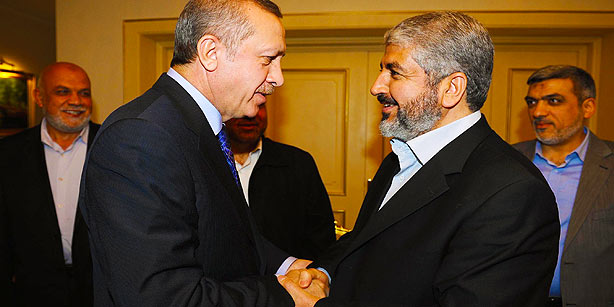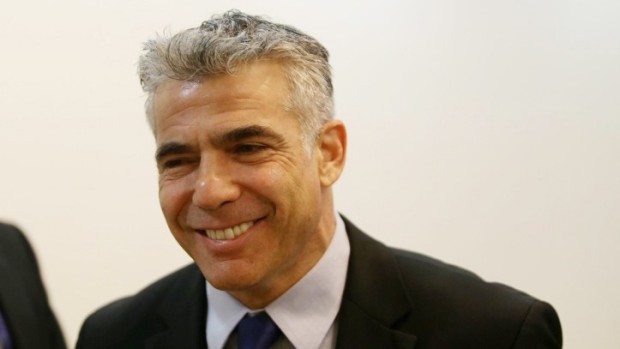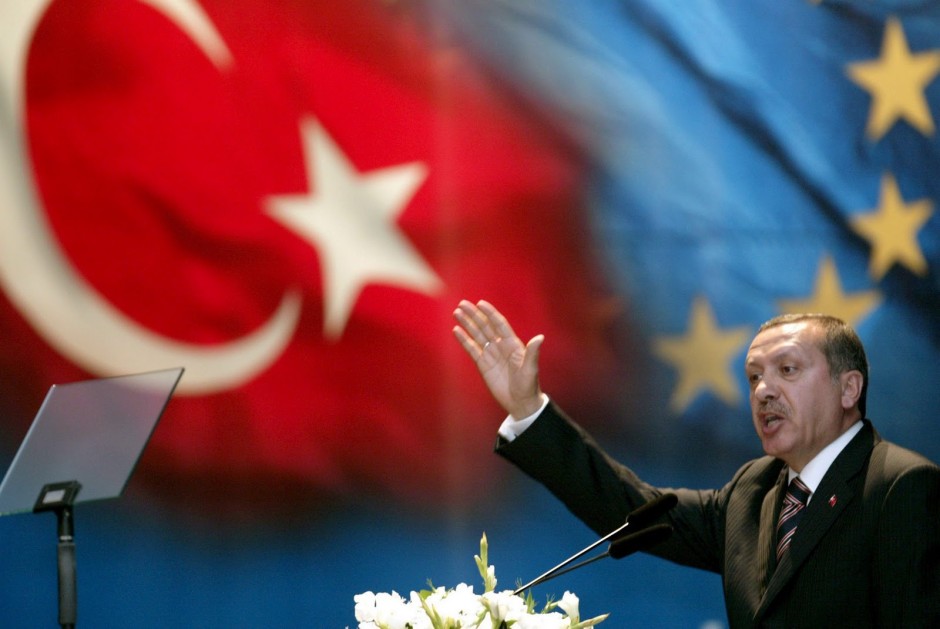Recep Tayyip Erdogan, who has been Turkey’s prime minister since 2003, and also chairs the ruling Justice and Development Party (AKP), which holds a majority of the seats in the Grand National Assembly of Turkey, has now been elected president of the republic for a five-year term.
Erdogan, the first popularly elected head of state, had the support of some 52 percent of those casting their ballots in the election held on Aug. 10. His main rival, diplomat Ekmeleddin Ihsanoglu, the former head of the Organization of the Islamic Conference, captured more than 38 percent of the vote. An ethnic Kurd, Selahattin Demirtas, took almost 10 percent.

Parliament has in the past chosen the head of state and until now the presidency has largely been a ceremonial position, but this was changed under a law passed in 2010 by Erdogan’s government.
The ruling AKP will need to replace him as premier, and party leader. Foreign Minister Ahmet Davutoglu is seen as a leading candidate.
Turkey’s most audacious leader since perhaps Mustafa Kemal Ataturk himself, Erdogan has repeatedly stated his wish to use “the full extent of his constitutional powers” to be an “active president.” He apparently plans to change the constitution to establish a fully executive presidency, similar to the French or Russian ones.
Erdogan has been criticized for his increasingly autocratic ways, as he continues to steer Turkey along a more conservative and religiously Islamic path, thus continuing to reverse the political culture of the resolutely secular, indeed anti-clerical, Turkish state founded by Ataturk in 1923 after the collapse of the Ottoman Empire.
Koray Caliskan, a professor at Istanbul’s Bogazici University, believes that Turkey will now slip further away from democracy and the country will be more polarized in the future. “In time, Turkey will look more and more similar to Putin’s Russia. He will use all his presidential powers to tighten his grip on the country,” Caliskan told Al Jazeera.
Yet despite allegations of widespread corruption inside the government and a wave of protests that swept the country, Erdogan and his AKP have remained popular among most Turks.
“Today, national will and democracy have prevailed again,” Erdogan told his supporters from his party’s headquarters in Ankara. “Today, greater Turkey has prevailed again.” Some analysts suggest that he will run again in 2019, in order to lead the country during the 100th anniversary of the modern Turkish state in 2023.

Erdogan confronts a Middle East in turmoil, and his foreign policy has faced setbacks. Along with the small Gulf state of Qatar, he is a steadfast supporter of Hamas, and last year hosted Hamas political leader Khaled Mashaal.
Hamas is now involved in war with Israel for the fourth time in a decade. As a consequence, Erdogan’s speeches have taken an increasingly shrill anti-Israeli tone in recent weeks.
“Those who condemn Hitler day and night have surpassed Hitler in barbarism,” he said late last month. (The U.S. State Department called the remark “offensive and wrong.”) During an Aug. 2 election campaign speech, Erdogan called on the international community to “stop Israel’s desire for genocide.” He warned that “they will drown in the blood they lust for.”
Erdogan said that a normalization of ties with the Jewish state, in crisis since the death of 10 activists during an Israeli raid on the Turkish ship Mavi Marmara, bound for Gaza in 2010, was at this time out of the question.

In response, Israel’s Finance Minister Yair Lapid called on Israelis to forgo vacations abroad this year, especially to Turkey, and take their vacations in Israel.
Meanwhile Erdogan, who fancies himself perhaps the major figure in the region, has lost the support of the Arab world’s most important country, Egypt. From 2012 to 2013, under the leadership of former President Mohamed Morsi, a long-time member of the Islamist Muslim Brotherhood, relations between the two countries flourished. But when Morsi was ousted last year and replaced with Abdul Fattah al-Sisi, Cairo’s enthusiasm quickly cooled.
Turkey’s Arab neighbors Syria and Iraq are both in the throes of vicious civil wars, and here, too, Ankara has ended up in trouble. Erdogan, a Sunni Muslim, has strongly opposed Bashar al-Assad’s Shiite regime in Damascus, nor is there any love lost between Erdogan and Iraq’s Nouri al-Maliki. The Turks are facing a crumbling Iraq, where Islamist terrorists and Kurds have created de facto political entities.
So right now Turkey has no ambassadors in Syria, Israel and Egypt. As well, the Saudis, who have always considered the Muslim Brotherhood (and its Hamas offshoot) a menace, have also looked askance at Turkey’s embrace of the organization.
“By avidly supporting the civilian and military wings of the Syrian opposition and the Muslim Brotherhood, Ankara became a party to the conflicts engulfing the Middle East,” according to Sinan Ulgen, a former Turkish diplomat and chair of the Istanbul-based think tank EDAM. The Turkish leadership defended its position “by asserting it was on the ‘right side of history,’” but the results were “largely negative,” Ulgen asserted in an article published in the July-August issue of the National Interest.

Erdogan is now relatively isolated – something a few years ago he would have considered an improbable outcome of his foreign policy, when he and his foreign minister, Davutoglu, announced a policy of “zero problems” with Turkey’s neighbors.
Many today are joking that it now has become “zero friends.”
Henry Srebrnik is a professor of political science at the University of Prince Edward Island.

